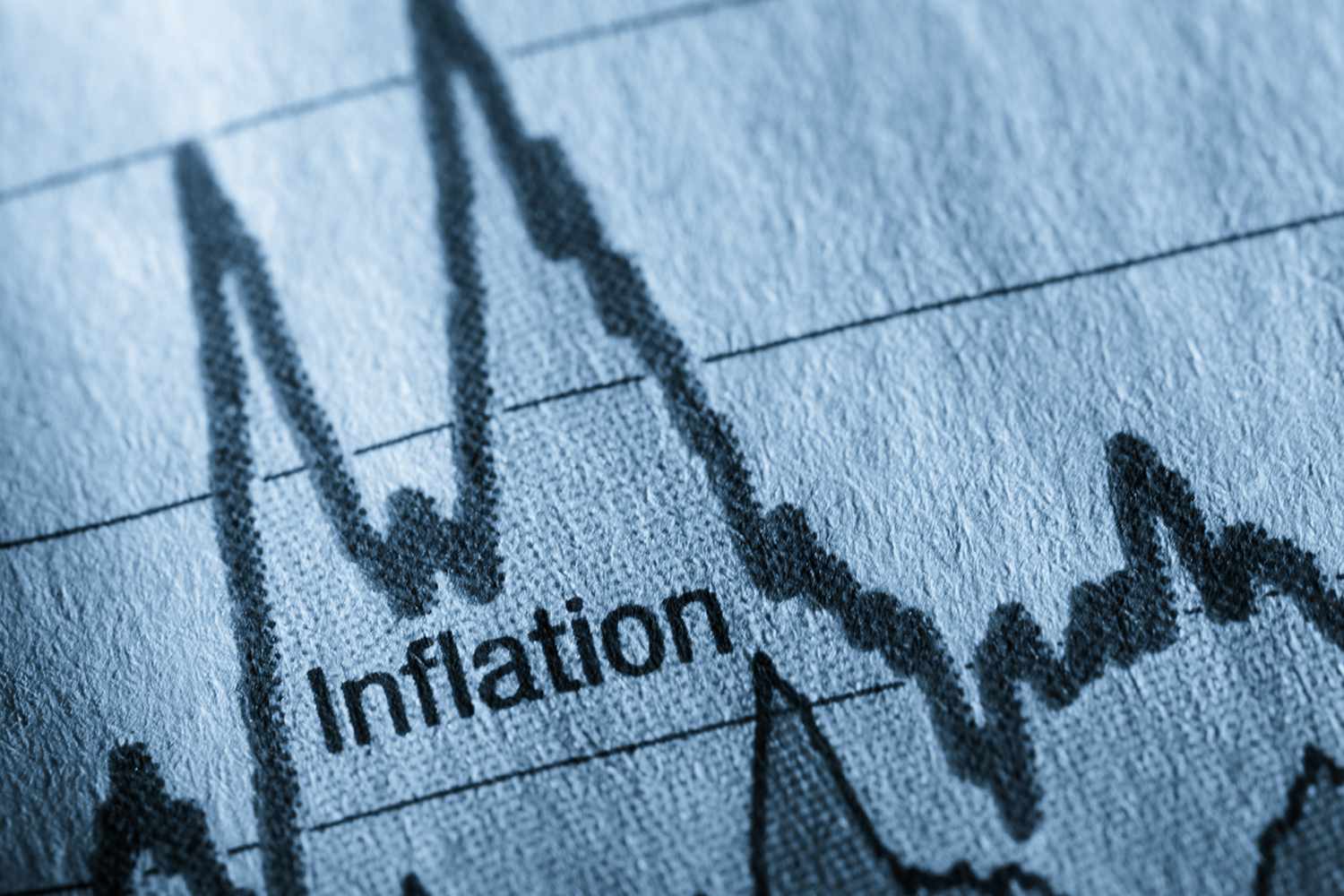The impact of inflation on personal finances has been a significant concern for individuals living in the United States. As prices rise, the ability to maintain one’s purchasing power becomes a challenge, requiring strategic planning and foresight.
This article explores what inflation is, how it affects everyday financial decisions, and presents strategies to combat its negative effects, ensuring financial stability in an ever-changing economy.
Understanding the erosion of purchasing power

Inflation refers to the persistent increase in the general price level of goods and services in an economy over a period of time. As inflation erodes the value of money, it directly impacts personal finances by diminishing purchasing power. When the same amount of money buys less than it did previously, individuals and families must adjust their budgets and spending habits to maintain their lifestyle.
Inflation can be driven by various factors, including increased production costs, higher demand for goods and services, or expansive fiscal policies. While moderate inflation is a sign of a growing economy, excessive inflation can lead to economic instability, reducing consumers’ confidence in their financial future.
Everyday effects on household budgets
One direct consequence of inflation is the impact on household budgets. As the cost of living rises, families may find their disposable income shrinking, forcing them to make tough financial decisions. Groceries, rent, and utility bills are just a few areas where individuals might experience increased costs, requiring careful budgeting to make ends meet.
For those with fixed incomes, such as retirees, inflation poses a particularly daunting challenge as their funds may not stretch as far as they once did. Moreover, inflation can affect the cost of borrowing, as lenders may raise interest rates to compensate for decreased purchasing power, which can increase monthly payments on variable-rate loans or credit cards.
Debt management challenges
Inflation also brings unique challenges to managing debt. When prices increase, the real value of debt decreases, which can benefit borrowers by reducing the long-term burden of fixed-rate loans. However, as mentioned earlier, variable interest rates can rise, leading to higher monthly payments for credit cards, personal loans, or adjustable-rate mortgages.
Individuals must strategically manage their debt to prevent inflation from worsening their financial position. Maintaining a low debt-to-income ratio can provide more financial freedom and allow for flexibility during times of rising costs.
Additionally, paying off high-interest debts sooner can be a wise decision, as it alleviates monthly financial stress and frees up income for other needs. Being proactive about debt management can protect individuals from the adverse effects of inflation and secure their financial future.
Strategies to preserve financial stability
To mitigate the impact of inflation and safeguard their financial wellbeing, individuals can implement various strategies. Carefully monitoring expenses and creating a robust budget is the foundation for maintaining control over finances. Identifying non-essential expenditures and reallocating funds towards savings or investments can prevent inflation from having an outsized impact on purchasing power.
Diversifying income streams can also act as a buffer against inflation. Whether through side hustles, freelance work, or passive income from investments, additional revenue sources provide a cushion during periods of economic volatility. Understanding the value of assets and insurance policies can further aid in protecting financial interests and mitigating the risks associated with rising prices.
Investment choices to beat inflation
Investing is a powerful tool for combating inflation. By placing money in assets that have historically outperformed inflation, such as stocks, real estate, and commodities, individuals can preserve and potentially enhance their buying power. Additionally, inflation-protected securities, like Treasury Inflation-Protected Securities (TIPS), provide a means to guard against inflation while earning interest.
Those new to investing should consider reaching out to financial advisors to create a diverse portfolio tailored to their risk tolerance and long-term goals. Emphasizing investments that offer inflation-beating returns can help offset the gradual erosion of value caused by rising prices, ensuring a more secure financial future.
The role of savings and emergency funds
Maintaining a well-stocked savings account and emergency fund is crucial in protecting against inflation’s negative impact. A savings buffer provides peace of mind, ensuring individuals can handle unexpected financial hardships without resorting to high-interest debt.
While traditional savings accounts might not offer returns to outpace inflation, seeking higher-yield options such as certificates of deposit or money market accounts can be beneficial. These alternatives provide some protection against inflation while maintaining liquidity for emergency access.
Consistently contributing to these funds and adjusting the savings rate based on current inflation trends can help sustain financial stability over the long term. By staying informed and proactive about personal finance strategies, individuals can navigate the challenges posed by inflation, preserving their purchasing power and securing their economic future.

